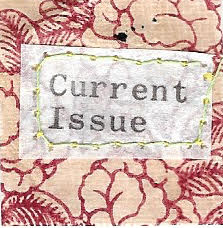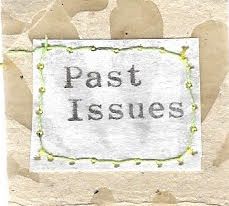Ai Jiang
The Movers
Today, I take my last walk towards the park only two minutes away. Grey hair tumbles across my face like a loose scarf. The sound of tractors, drills, metal clanging against metal disturbs the peace of the neighbourhood. And yet, within me there is a kind of quiet you can only understand when you have lived and seen age.
At the park, the hill behind the playground seems shorter, less threatening compared to the times where I chased after my friends in elementary school—the pull from the matted grass at the base of what previously seemed like a mountain, threatened to toss me off my feet. In place of the dusty beige sandpit sits strange black material, specks of black foam stuck together—flexible but rigid, not a true part of the playground like the sand used to be. The seat of the swings, tattered, with marked chains connected but cut loose at the top, sits abandoned on the ground like the baby seats, high chairs, and strollers in the front of the houses when parents can no longer trick themselves into thinking their babies are no longer babies. The slides—
Those who went down slides want nothing more than to climb back up.
Upon returning home, the house looks worn. The shingles are missing from the rooftop, the window frames are rimmed in copper, the missing plants—dug up, potted, and stored away—left the soil upturned, looking as though it is a mouth begging for the plants' return. There is no more furniture, no more décor, no more—
There are no more shadows except the ones who follow me, but those will always be tethered to my back.
"Is that all?" the movers ask.
No, it isn't. But it will have to be for now. When I start my car and pull out of the driveway for the last time, I follow not the movers, but the trucks carrying the rusted and disassembled playground from my childhood.





